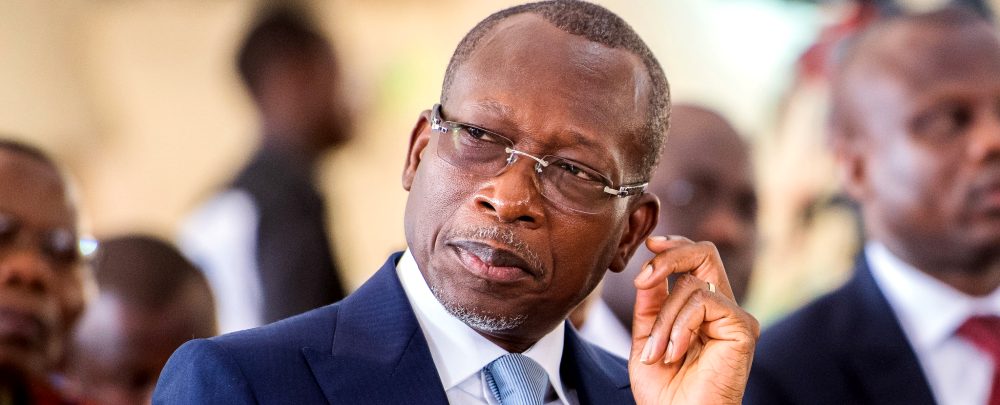
Benin’s April 11 presidential election was a quiet affair. There was little media attention or sensational developments. Indeed, the outcome was a foregone conclusion following President Patrice Talon’s effective barring of serious competitors. The resulting boycott led to an estimated 26-percent voter turnout. The polls were both literally and figuratively quiet.
Also muted were any objections from regional actors. A team of 16 African Union observers concluded with approval that the election was “calm” and “took place in a peaceful atmosphere.” Remarking on the absence of queues and voters, they recommended education campaigns to increase future turnout. The observers encouraged the government to continue promoting “a climate of calm and serenity” in future electoral processes. An Economic Community of West African States team of 105 observers congratulated Benin and its political leadership on an “orderly” election, even though its report noted that a “low turnout of voters was observed from the early hours of the polls.”
The Organisation internationale de la Francophonie (OIF) reported that the election “took place in accordance with the legal framework in force, and in a calm manner over most of the territory.” OIF’s preliminary report included a brief mention of the one-sided organization of the election as contributing to the limited participation.
“The silence in the aftermath of Benin’s election is deafening and surely being noticed by other would-be autocrats.”
These omissions, congratulations, and encouragements were offered despite a multiyear process of Talon taking control of the parliament by preventing opposition parties from competing, coopting the judiciary, politicizing the security sector, and intimidating the media.
These events have shown that democracy does not only die with a bang at the hands of coup leaders but that it can be swiftly and silently legislated into a skeleton of its former self absent a joint domestic and international effort to block such an outcome. The consequences in Benin’s case are particularly painful given that the country was not long ago a proud beacon of democracy globally.
The silence in the aftermath of Benin’s election is deafening and surely being noticed by other would-be autocrats on the continent. If this is the standard for an acceptable election, then there promises to be more of such quiet elections in the future.
The quiet in Benin will only last so long, however. Illegitimacy and autocracy are often accompanied by instability. Widening disparities, corruption, the drying up of investment, and the further deterioration of the rule of law are all precursors to further abuses of power, economic crisis, and conflict.
A Systematic Weakening of Benin’s Democratic Institutions
The list of legal gambits employed by Talon and his loyalists to normalize political exclusion is long and intricate.
